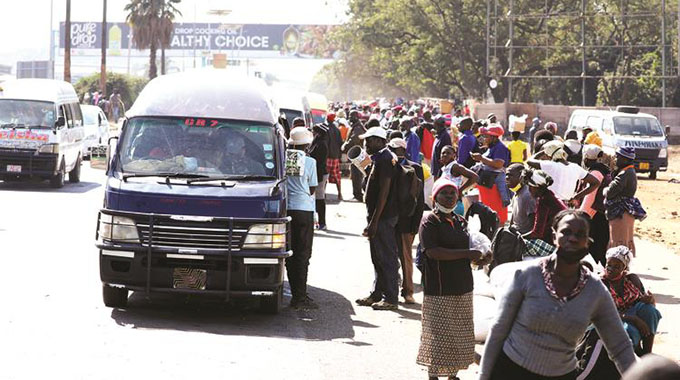SA tourism industry’s decade of dashed hopes
Tourism is South Africa’s new gold. This is a marketing tagline people in the industry will remember well as it became quite popular ahead of the 2010 Fifa World Cup ten years ago.
Back then, the country was on a high.
Despite not getting as many international visitors as we would have liked during the soccer spectacular (with the world economy just recovering from the global financial crisis of 2008/09), many leaders in the tourism industry were excited at the prospect of leveraging off one of the biggest international events to significantly grow foreign tourism arrivals to the country.
Around 2010 there was even talk of South Africa becoming one of the “top 20 tourism destinations in the world by 2020”.
While it did not become an official government target, Tourism Minister at the time, Marthinus van Schalkwyk, even touted the country surpassing the 20 million international visitors mark by 2020.
Industry leaders, like former Tourism Business Council of SA (TBCSA) CEO Mmatsatsi Ramawela and acting Brand South Africa CEO, Paul Bannister, envisioned South Africa using the World Cup to boost its profile and tourism growth like Barcelona had done for Spain and Sydney for Australia following the hosting of the Olympic Games in 1992 and 2000.
Bannister, a marketing heavyweight who was behind the development of the welcome South Africa flag logo, even believed at the time that the country should not lose momentum and should have bid for the 2011 Rugby World Cup and 2020 Olympic Games.
In hindsight, the latter would have been a predicament for South Africa now, had Durban (which was punted at the time) bid against Tokyo, considering the global chaos the Covid-19 pandemic has caused. Japan’s 2020 Olympics has now been moved to next year.
But, the argument by Bannister and company more than a decade ago, was that the country had already invested in new stadia and tourism infrastructure, such as the upgrades of the major international airports. The stadium in Durban even accommodates space for an athletics track.
It is worth noting, that Durban bid and won hosting rights for the 2022 Commonwealth Games.
But, perhaps highlighting the deteriorated state of South Africa during the “lost ten years” under Jacob Zuma’s presidency, the country gave up the hosting rights during this time, after government was not able to commit to financial guarantees.
Coming back to tourism, South Africa lost a huge opportunity here over the last ten years. We have had a few “stop starts”.
We did not take advantage of the 2010 Fifa World Cup enough, especially post the event, to become a top 20 tourism destination.
There was some hope in 2009, when the Zuma presidency established tourism as a stand-alone department under Van Schalkwyk.
But by 2014, Van Schalkwyk – the country’s most experienced Tourism Minister (he was in charge of the previous Environmental Affairs and Tourism Department since 2004) and who was being considered for a international tourism position, was axed in favour of Derek Hanekom.
Van Schalkwyk is now South Africa’s ambassador to Australia. – Moneyweb.










Comments